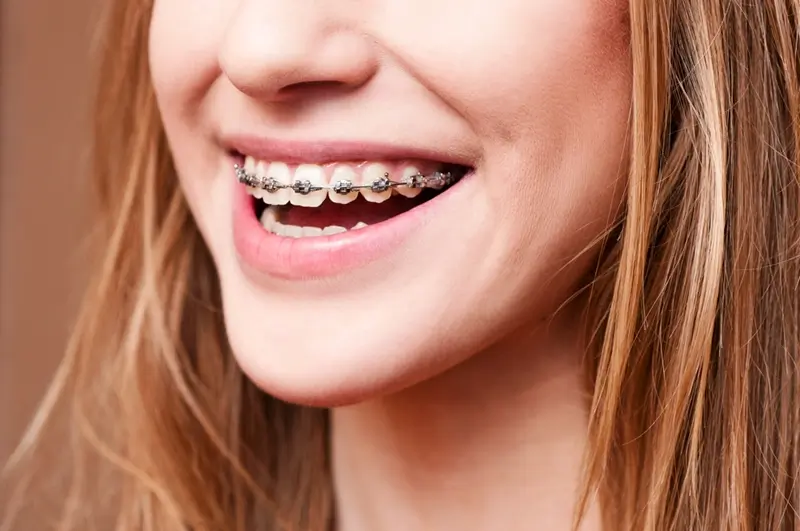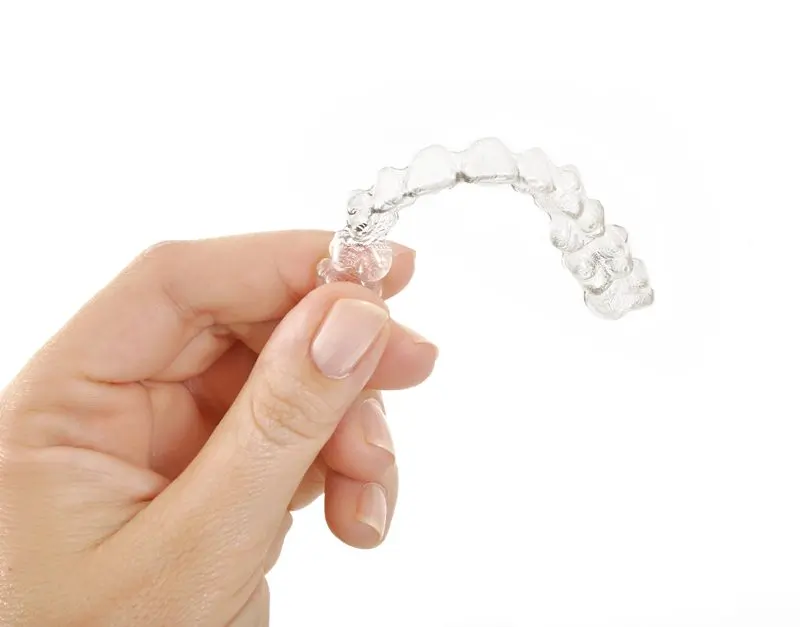When you have braces, you may be visiting your orthodontist every six weeks or so. Since you're seeing an oral health professional so regularly, you might think you don't need to maintain regular visits to a general dentist.
However, your dentist and orthodontist are responsible for different aspects of your oral health. It's therefore vital that you keep seeing your dentist even when you have braces.
Why do you need to see a dentist when you have braces?
An orthodontist is a highly specialised dentist. They deal specifically with the diagnosis, prevention and correction of misaligned jaws and teeth. This means they can help guide your teeth to be straight or reverse issues like an overbite. But it doesn't mean they're assessing your overall oral wellbeing during your appointments.
An orthodontist may refer you to a dentist if they notice decay during an assessment, but the health of individual teeth and gums is less of a concern to them.
Meanwhile, your dentist is focused on ensuring your whole mouth remains healthy. When you have braces, there's more surface area in your mouth for plaque and tartar to build. Food particles may also get caught beneath the wires of your braces. Your dentist will help to keep this in check.
In addition to hygiene issues, a dentist might be required for:
- Fillings.
- Gum care and gum disease prevention.
- Root canal treatment.
- Whitenings.
- Preventative education.

How often should you visit the dentist while you have braces?
Everyone should visit the dentist at least every six months. Doing so means your dentist can identify developing problems before they take a toll on your overall health – and before they require expensive procedures to rectify.
Your orthodontist might recommend you visit a dental hygienist more often than this. Most dental clinics provide hygienist services, which involve scaling and polishing the teeth to remove built-up tartar.
Once your braces have been removed, you can return to biannual dental appointments.
Can dental work still be done when you have braces?
With wires and brackets in your mouth, you might wonder how much a dentist can actually achieve without disturbing your braces. Your dentist can nearly always carry out dental work while you have braces, so there's no need to delay treatment.
Modern braces do not wrap the teeth, but have brackets glued to the fronts. This means there's plenty of open surface on the tooth for the dentist to work with.
- Fillings: Some fillings can be done without removing your braces, depending on the tooth and the nature of cavity. In cases where the bracket must be removed, your dentist is equipped to do so without disrupting your overall orthodontic treatment.
- Root canal treatment: This procedure typically only requires access to the back of the tooth. As such, it's often possible without removing braces.
- Whitening: A dentist may be able to whiten your teeth while you're wearing braces. It's important to note, however, that this can lead to inconsistent or patchy results. You should consult with your dentist about any concerns related to your braces before going ahead with whitening.

Orthodontics and restorative dentistry
If you have, or are in need of, crowns, veneers or implants, it's important to mention this to your orthodontist. They will advise whether or not you require treatment before braces can be fitted. In many cases, orthodontic treatment will still be possible but you may require special braces or invisaligns.
If any crowns are loose, your orthodontist might require you to see a dentist for a replacement before they treat you.
Your dentist may not provide your orthodontic treatment, but they should still play a part in your wellbeing throughout the process. To book a check-up, schedule an appointment online or call City Dentists on 04 978 4964 today.
